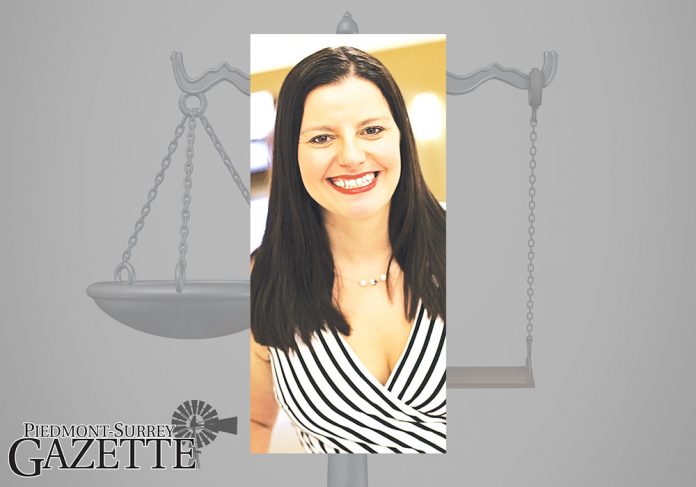OK LAW LADY
By Rachel Bussett
As the impeachment trial of President Donald J. Trump gets underway Americans will undoubtedly be flooded with an array of misinformation relative to what exactly the term “impeachment” means and what the process entails. The idea of impeachment is based in English constitutional history. At the time of the drafting of the United States Constitution, the impeachment process was already well established in English law and government. The Founding Fathers integrated the English impeachment process, with modifications, into the United States Constitution via Article 2. Impeachment, as opposing to other civil or criminal matters, is applicable only to the misconduct of public officials and the abuse or violation of the public’s trust.
The House of Representatives initially charges federal officials with impeachable offenses. Any member of the House may present impeachment resolutions just as he or she would present any ordinary bill, or the House could pass a resolution authorizing the initiation of impeachment proceedings. If a simple majority vote of the House adopts the articles of impeachment a trial in the Senate is set. However, although the United States Constitution provides the framework for impeachable offenses and a resultant trial, the true procedural complexities dwell in the internal rules of the House and Senate. Those rules exceed the scope of this article, but a general discussion of Article 2 provides a basic overview of the parameters of impeachment.
First, who may be impeached? According to Section 4 of Article 2, it is the President, Vice-President and all civil officers of the United States including federal judges. This does not, however, include Senators or members of the House of Representatives; those officials are removed by expulsion.
Second, what are impeachable offenses? Article 2, Section 4 states a public official may be impeached for treason, bribery or other high crimes or misdemeanors. But, what does that mean exactly? The simple language declares only two offenses potentially meant to clarify the very broad phrase “high crimes and misdemeanors.” It has been widely accepted, however, that the plain language of Section 4 indicates that the phrase is meant to encompass criminal action by a public official and that the use of the term “misdemeanor” does not correlate to the common definition of lesser crimes.
Next, how does the impeachment process work? Clause 5 of Section 2 explicitly states that the House of Representatives shall have the sole power of impeachment of a public official. The Judiciary Committee of the House investigates allegations and gathers evidence which are eventually, if merited, charged as indictments commonly called the articles of impeachment. If the articles are passed, the official is impeached and faces trial.
Now, how is the impeachment trial handled? Clause 6 of Section 3, Article 1 provides that the Senate has the “sole power to try all impeachments.” The Clause specifically provides that when the President is tried for impeachment the Chief Justice shall preside over the trial. Furthermore, no conviction is possible unless 2/3 of the Senate votes for conviction and there is no appeal process for an impeached official.
Last, what happens if the official is actually convicted of the charges and therefore impeached? Clause 7 of Section 3, Article 1 governs this issue.
It states that impeachment shall result in the removal of the official from office as well as the disqualification to hold any office in the United States government. Still, a convicted official is still subject to a criminal indictment as the double jeopardy rules of criminal procedure do not apply to impeachment proceedings.




